
Most popular teaching articles of 2016
Recently I was asked about which of our science teaching articles have been the most popular for teachers. No problem! Below lists 10 of the most shared teaching articles we wrote in 2016. Some of the articles are fantastic for K-12 teaching whilst others are more specialized, however all of them can be handy to have in the back of your mind whilst integrating STEM in your classroom.
There are also >100 free science experiments on our website too… lots to do here!
An augmented reality gaming giant
Well, hasn’t this app exploded across the world!?! With so many kids, teens and adults using Pokemon Go surely this is an opportunity for teachers to use this highly addictive content in the classroom to engage students, especially those kids that don’t readily engage with your standard science lessons.
How to use memes as a powerful way to engage students.
Who doesn’t love a chuckle? When you enter most science faculty staff rooms you’ll undoubtedly notice a variety of humorous education and science memes posted on the walls. Funny memes connect with people in a way that other media doesn’t… so why not use these as an engagement tool in your science classroom?
Integrating science apps into your lessons.
With today’s technology, there are so many options to enrich your student’s classroom experience. Listed here are a bunch of science apps that can really help students understand science in an environment that’s familiar to them…
How are good experiments constructed in the first place?
Anyone can follow a science experiment from beginning to end but fewer people can construct a fair experiment in the first place! In this article, we delve into the ways in which scientists create experiments that can be fairly tested and then reproduced by others to make sure that the results are repeatable. Plus just as importantly, we look at how teachers of all levels can instil this methodology in their own classrooms.
Lego robotics captures kids attention like nothing else!
We love Lego Robotics! Also known as Lego Mindstorms, we’ve been using these robots for years to teach kids coding and logical reasoning in schools for years. Students intuitively understand it and can very quickly have their robot moving and sensing it’s environment without the need to learn the back end code that powers it.
Ever wondered what kids are thinking?
Just how do students perceive their world when their background to measure their experiences is limited?
In this post, we look at a variety of children’s misconceptions in science and what to do about them!
We’ve been running hundreds of science parties every year since 2004 and one thing we’ve noticed is just how creative parents can be!
Who doesn’t love the look of a ferocious-looking dinosaur cake or a volcano cake with bubbling lava coming out of the crater! It might sound a bit odd at first, but there are a variety of science learning outcomes when it comes to making a party cake.
Would you be prepared to run a STEM lesson at a moment’s notice?
We have a look at the simple science materials you can always have on hand to run engaging science lessons that learners will care about and where you don’t have to scramble for that missing ingredient. It’s time to stock your ‘go box!’.
Let your student’s creativity shine, without breaking the bank!
Teaching science in your classroom doesn’t necessarily have to be just about following the textbook. If you want to truly engage kids in the sciences you have to tap into their creative side, that is, let them go about solving a scientific problem their own way and see where their discoveries take them.
Can your students see clearly what is happening in class?
Many people are aware of the variety of colour blindness tests available. The thing is, how often does the inability to perceive colours get picked up in class? Does it really have an impact on education, or is it just an oddity?
Happy teaching,
NEW Primary science teaching book!
“Be Amazing! How to teach science, the way primary kids love”

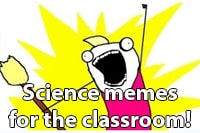
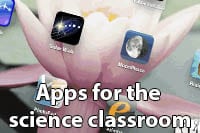
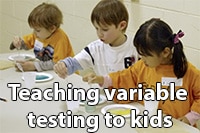
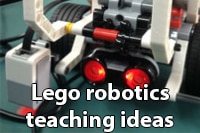
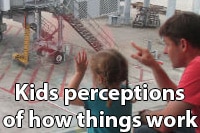
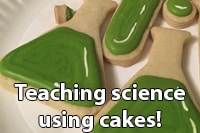
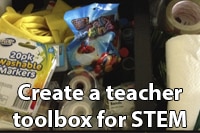
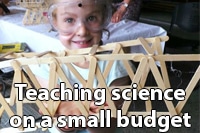


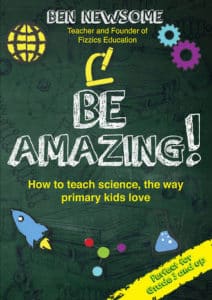

























Comments